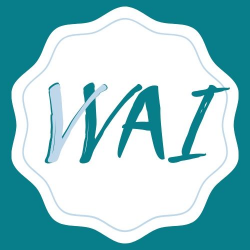Design of smart serious games.
nanoMOOCs
The nanoMOOCs come from the hybridization of Massive Open Online Courses (MOOC) that a few years ago have inundated the Internet and revolutionized online learning.
NanoMOOCs focus on just one competence to make the learning process much more effective.
This is the central feature of nanoMOOC: to focus on a very specific content (a competence) and a short time (a week).
Serious Games
This research line encloses a set of Final Degree Projects of Computer Science focused on teaching different subjects to students of Primary and Secundary School. We aim to provide teachers with an aiding tool, specifically in the field of geometry and programming teaching during the last years of primary school. Thus, the main goal is to design and create a game using Unity with a series of learning activities allowing students in primary and first years of secondary school to progress in an engaging way, having them overcome several challenges.
Gamification in High Education
This research line encloses gamification projects with the aim of motivating educational activities.
Moreover, it is adaptive gamification, which takes as initial information players’ profiles and considers also how these profiles change over time based on users’ interactions. Then, we provide the users with a personalized experience through the use of game elements that correspond to their dynamic playing profile.
Read MoreAuthoring and Serious Games
The educational game development is a multidisciplinary software engineering process, where participate instructional and game designers, artists and programmers. Nevertheless, educators, who have an important role in the process, have limitations in authoring games at any moment to adapt them according to key educational aspects such as intended learning outcomes and their metrics, students’ learning styles, teaching and learning activities and embedded assessment. In this research line we attempt to deal with the designing, configuring and playing games easily by all the involved roles (developers, teachers and students). Thus, we start with a web tool to register and configure games and a set of configurable games playable by students with different profiles.
